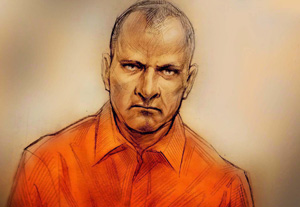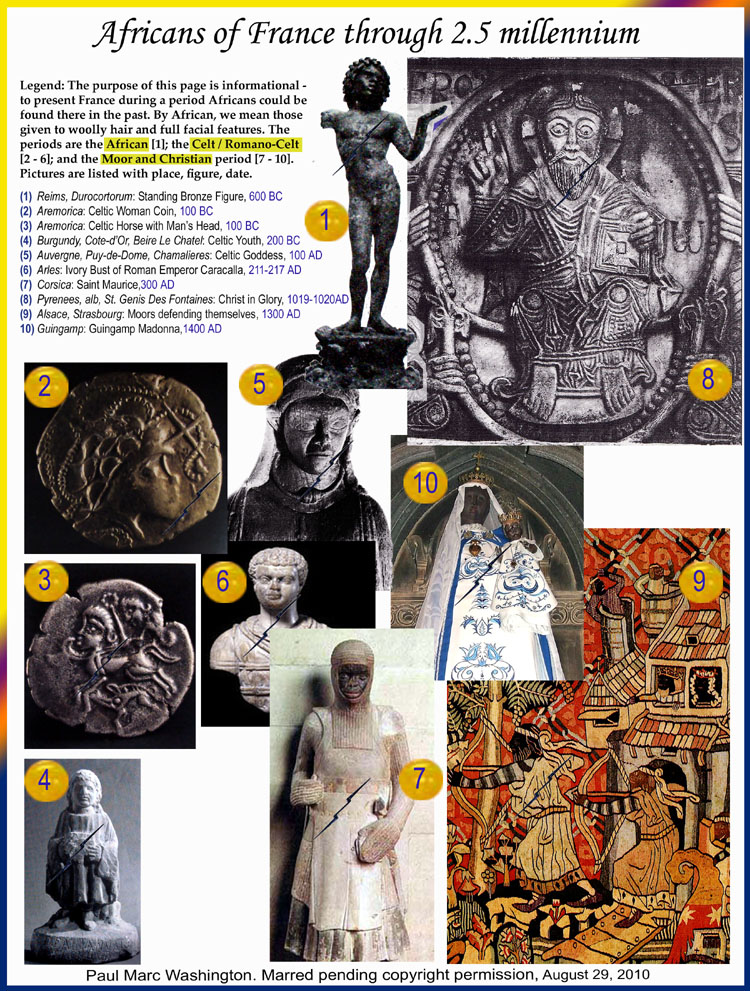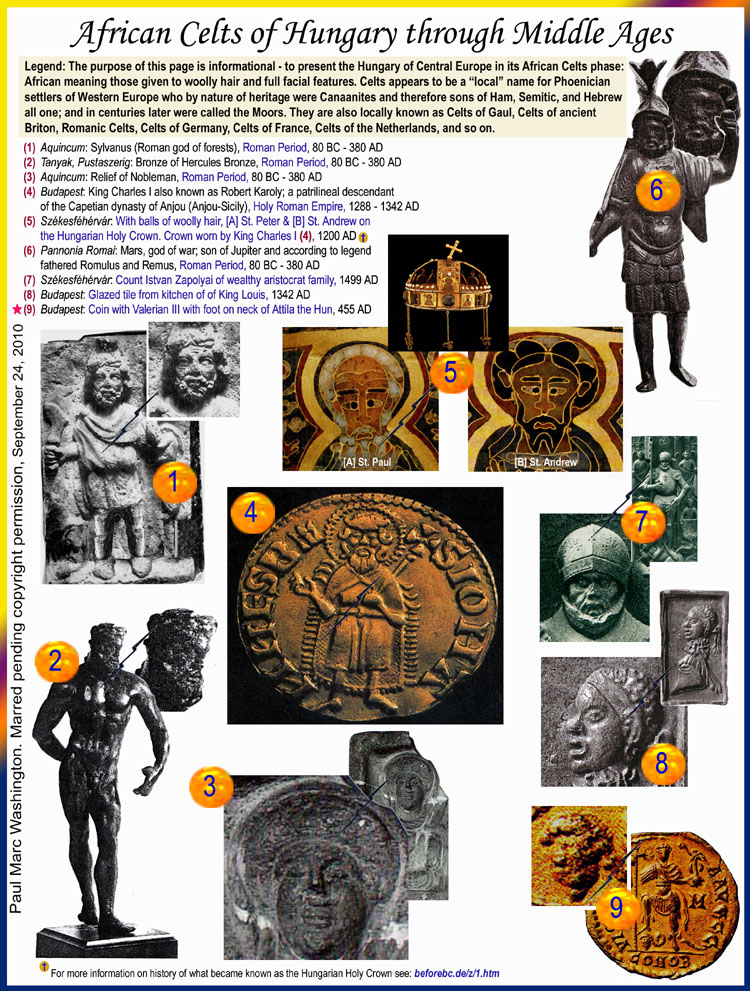 Col. Russell Williams, the former commander of CFB Trenton, is expected to plead guilty to all the charges laid against him, including two counts of first-degree murder, sexual assault and dozens of break and enters, CBC News has learned.
Col. Russell Williams, the former commander of CFB Trenton, is expected to plead guilty to all the charges laid against him, including two counts of first-degree murder, sexual assault and dozens of break and enters, CBC News has learned.
Michelle Obama has been named as the most powerful woman in the world
 Michelle Obama, America’s First Lady, has been named as the most powerful woman in the world in the Forbes 100 list.
Michelle Obama, America’s First Lady, has been named as the most powerful woman in the world in the Forbes 100 list.
The US First Lady rose 39 places – and deposed Angela Merkel, the German Chancellor – in the rankings compiled by Forbes, the business magazine, which praised her formidable combination of style and political nous.
Jack Camp, Senior Federal Judge, Arrested On Drug, Gun Charges
Jack Camp, Senior Federal Judge, Arrested On Drug, Gun Charges
A veteran federal judge faces drug and firearms charges after an exotic dancer at an Atlanta strip club told authorities he used cocaine, marijuana and other illegal drugs with her.
Timeless Teachings of Rastafari, the Lion of Judah: The Philosopies of His Imperial Majesty Emperor Haile Selassie I
Rumours About his Majesty
A house built on granite and strong foundations, not even the onslaught of pouring rain, gushing torrents, and strong winds will be able to pull down. Some people have written the story of my life, representing as truth what in fact derives from ignorance, error, or envy; but they cannot shake the truth from its place, even if they attempt to make others believe it.”
H.I.M. Emperor Haile Selassie I, My Life and Ethiopia’s Progress, Preface 1892-1937
The Many Moods of InI Rastafari
Some Rastas interpret the Bible literally.
Some interpret the Bible metaphorically.
Some reject the Bible altogether.
Some study various spiritual and religious traditions.
Others think this is blasphemy.
Some Rastas worship Haile Selassie as JAH, as God.
Some worship Jesus the Christ, or see these two as having a single identity.
Some worship neither.
Some Rastas embrace Selassie’s Christianity
Others are not so comfortable.
Some Rastas see the roots of Rasta in African spirituality.
Some know nothing about African spirituality.
Some Rastas are Garveyites.
Some are pan-African activists.
Some Rastas are other sorts of political activists.
Some say activism is a waste of time in Babylon.
Some Rastas believe in a Rasta priesthood and Rasta churches.
Some do not.
Some Rastas believe in physical repatriation to Ethiopia, seeing it as Zion as described in the Bible.
Some do not.
Some Rastas view ganja as a sacrament.
Some do not.
Some Rastas wear dreadlocks.
Some do not.
Some Rastas adhere to a strict dress-code.
Some do not.
Some Rastas belong to specific orders, like Bobo Ashanti, Nyabinghi, Twelve Tribes of Israel.
Some do not.
Some Rastas reject the idea of ‘whites’ claiming Rasta.
Some do not.
Some Rastas believe women are lesser beings and have special rules for their behavior and participation.
Some do not. …
‘The Song of Roland’: Concerning the Vanquishing Moors of Abbysinia (Abisme), Morocco and the Niger
From ‘The Song of Roland’
(Anonymous Old French epic
middle of the 11th century)
CXXV
Their martyrdom, his men’s, Marsile has seen,
So he bids sound his horns and his buccines;
Then canters forth with all his great army.
Canters before a Sarrazin, Abisme,
More felon none was in that company;
Cankered with guile and every felony,
He fears not God, the Son of Saint Mary;
Black is that man as molten pitch that seethes;
Better he loves murder and treachery
Than to have all the gold of Galicie;
Never has man beheld him sport for glee;
Yet vassalage he’s shown, and great folly,
So is he dear to th’ felon king Marsile;
Dragon he bears, to which his tribe rally.
That Archbishop could never love him, he;
Seeing him there, to strike he’s very keen,
Within himself he says all quietly:
“This Sarrazin great heretick meseems,
Rather I’ld die, than not slay him clean,
Neer did I love coward nor cowardice.”
King James IV (1473-1513) and the European Muurs
King James IV (1473-1513) and the European Muurs
By Jide Uwechia
King James IV of Scotland came to the throne in 1488. He was an able and visionary monarch whose administration united and maintained order in the Scottish highlands and lowlands. He encouraged manufacturing and shipbuilding, and created a navy. James IV also renewed Scotland’s alliance with France, although in 1503 he took an English wife, Margaret Tudor, daughter of Henry VII of England.
The Moorish History Section: Black Kabyles of Morocco
Black Kabyles/Black Berbers
There are ones who gleefully point out the Kabyles of the Atlas Mountains of Morrocco as the phenotypic paradigm of a people called “Berber” and by extension the “Moors”.
The Nigri Latinis of Hungary – Marc Washington’s Perspectives
The Nigri Latinis of France: – Marc Washington’s Perspectives


